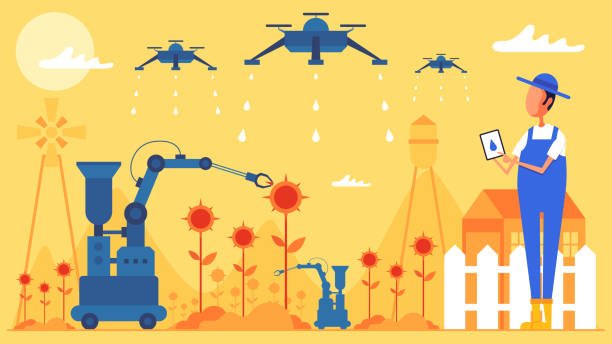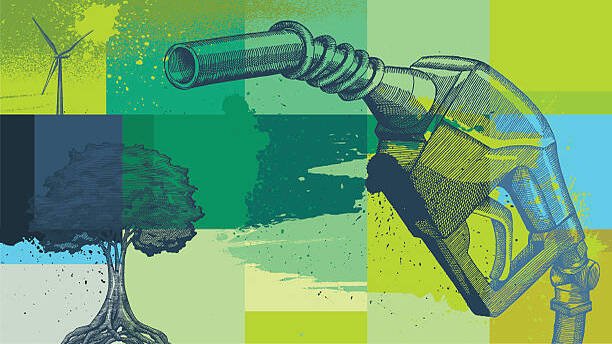Artificial Intelligence (AI) is reshaping the transportation industry, driving advancements in safety, efficiency, and sustainability, From autonomous vehicles to intelligent traffic systems, AI is redefining how people and goods move. It enables real-time decision-making, optimizes travel routes, and enhances operational reliability. These innovations pave the way for a more connected, eco-friendly, and seamless mobility experience.


1. AUTONOMOUS VEHICLES: AI-powered vehicles combine sensors, computer vision, and advanced algorithms to interpret surroundings and make split-second driving decisions. They navigate roads without human input, aiming to reduce accidents and improve target flow. Continuous learning capabilities allow them to adapt to varying conditions. The technology holds the potential to transform both personal travel and commercial transport.
2. TRAFFIC MANAGEMENT AND OPTIMIZATION: AI analyzes live traffic data, weather updates, and historical patterns to predict and ease congestion. Intelligent systems adjust signal timings and reroute vehicles to maintain smooth traffic flow. This reduces travel time, fuel consumption, and emissions. Dynamic adjustments help keep roads efficient even during peak hours or disruptions.
3. ENHANCED SECURITY AND SAFETY: AI-powered surveillance systems use pattern recognition to detect unusual activities or hazards in real time. These systems improve situational awareness, enabling quick responses to potential threats. AI also monitors vehicle health, predicting mechanical issues before they cause breakdowns. Such capabilities boost passenger safety and operational reliability.

4. INTELLIGENT LOGISTICS AND SUPPLY CHAIN: AI optimizes delivery routes, load management, and shipment tracking for faster, cost-effective transport. Real-time data enabled adaptive scheduling and resource allocation. Predictive maintenance prevents equipment failures, reducing downtime. These improvements strengthen supply chain efficiency and customer satisfaction.
5. SMART INFRASTRUCTURE AND ENERGY EFFICIENCY: AI integrates with sensors to manage energy use, reduce emissions, and enhance infrastructure performance. It optimizes electric charging stations based on demand patterns and available energy capacity. Smart systems enable predictive maintenance, extending asset lifespan and cutting repair costs. AI also supports adaptive traffic lighting and transport hubs that adjust to usage patterns. Together, these measures build sustainable, resilient, and future-ready transport networks.
In conclusion, as AI continues to evolve, its role in transportation will expand beyond automation into fully integrated mobility ecosystems. Future networks will connect vehicles, infrastructure, and, passengers in real time for seamless travel experiences. Advances in predictive analytics will make transport systems more adaptive and resilient to disruptions. Sustainability will remain central, with AI optimizing resource use and reducing environmental impact. Ultimately, AI promises a safer, cleaner, and more efficient future for global mobility.





